Potassium, often referred to as the “good salt,” plays a pivotal role in maintaining various bodily functions. It is an essential mineral that helps regulate blood pressure, supports nerve and muscle function, and promotes overall cardiovascular health. Fortunately, nature provides an abundance of potassium rich foods that can easily be incorporated into your diet. In this article, we will explore 20 potassium rich foods that not only keep your body functioning optimally but also tantalize your taste buds.
Potassium and Its Functions in a Nutshell…
Potassium is a vital electrolyte and mineral found in every cell of the human body. It serves several crucial functions, including:
- Potassium helps counteract the effects of sodium in the body, which can lead to high blood pressure when not properly balanced.
- It assists in balancing the body’s fluids, which is essential for cell hydration and overall health.
- Potassium plays a pivotal role in muscle contraction and nerve signalling, facilitating proper communication between nerves and muscles
- Adequate potassium intake can help reduce the risk of stroke, heart disease, and other cardiovascular conditions.
The Recommended Daily Intake
The Recommended Dietary Allowance (RDA) for potassium varies by age, sex, and life stage. On average, adults should aim to consume around 2,500 to 3,400 milligrams (mg) of potassium per day. However, individual needs may vary, so it’s essential to consult with a healthcare professional for personalized recommendations.
Now, let’s explore 20 potassium rich foods that can help you meet your daily potassium needs while enjoying delicious and nutritious meals.
Sweet Potatoes (952 mg per 1 medium potato)
Sweet potatoes are not only a tasty and versatile root vegetable but also a potassium powerhouse. Whether roasted, mashed, or made into fries, they are a fantastic source of potassium. Sweet potatoes are also some of the healthiest carb sources.

Beans (739-1,000 mg per 1 cup, cooked)
Beans, such as black beans, kidney beans, and pinto beans, are potassium-rich legumes that can be used in soups, stews, and various Mexican and Mediterranean dishes.
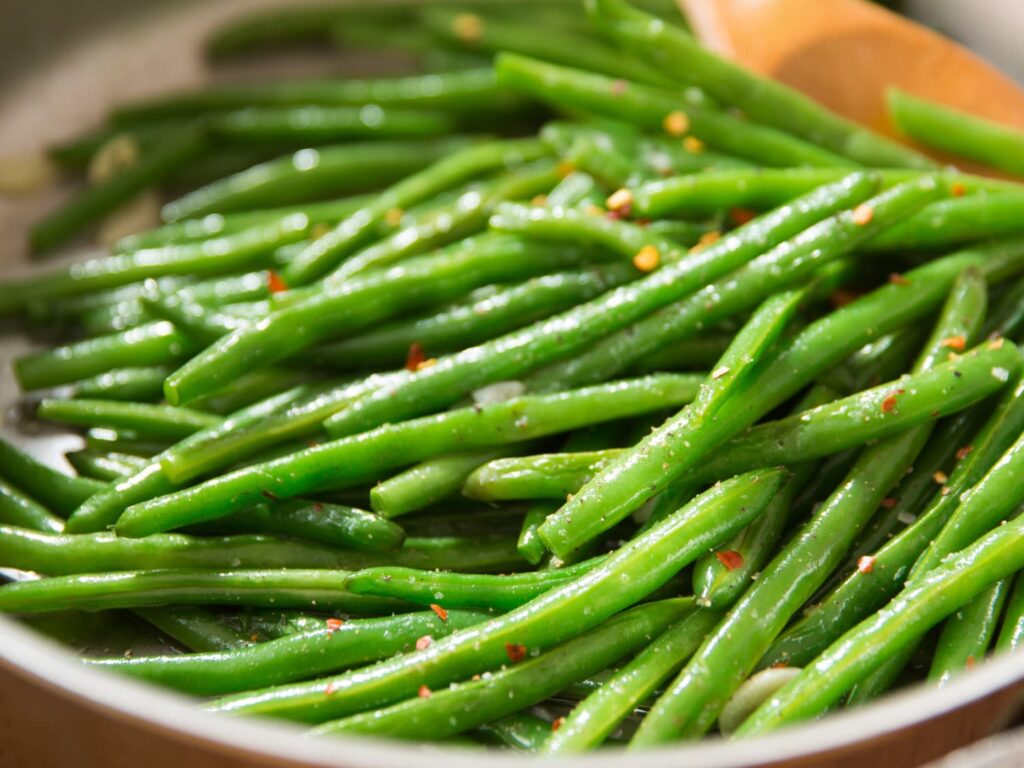
Avocado (975 mg per 1 avocado)
Avocado lovers rejoice! This creamy fruit is not only packed with healthy fats but also contains a substantial amount of potassium. Spread it on toast, add it to salads, or make a delicious guacamole.
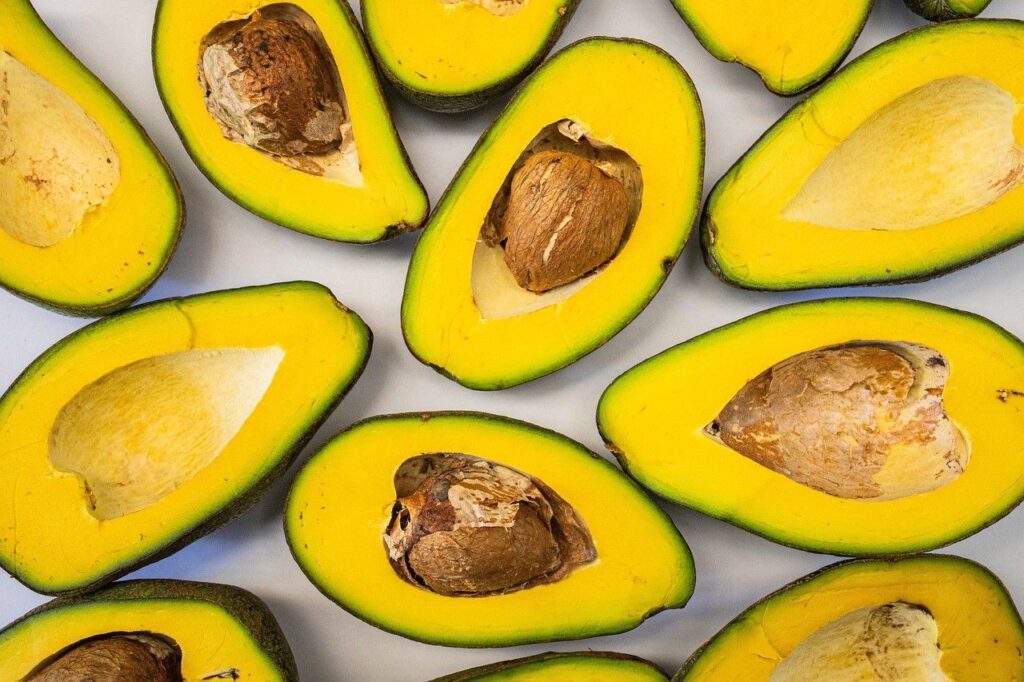
Spinach (839 mg per 1 cup, cooked)
Leafy greens like spinach are not only rich in iron but also great potassium rich foods. Incorporate them into salads, smoothies, or as a side dish to boost your potassium intake.
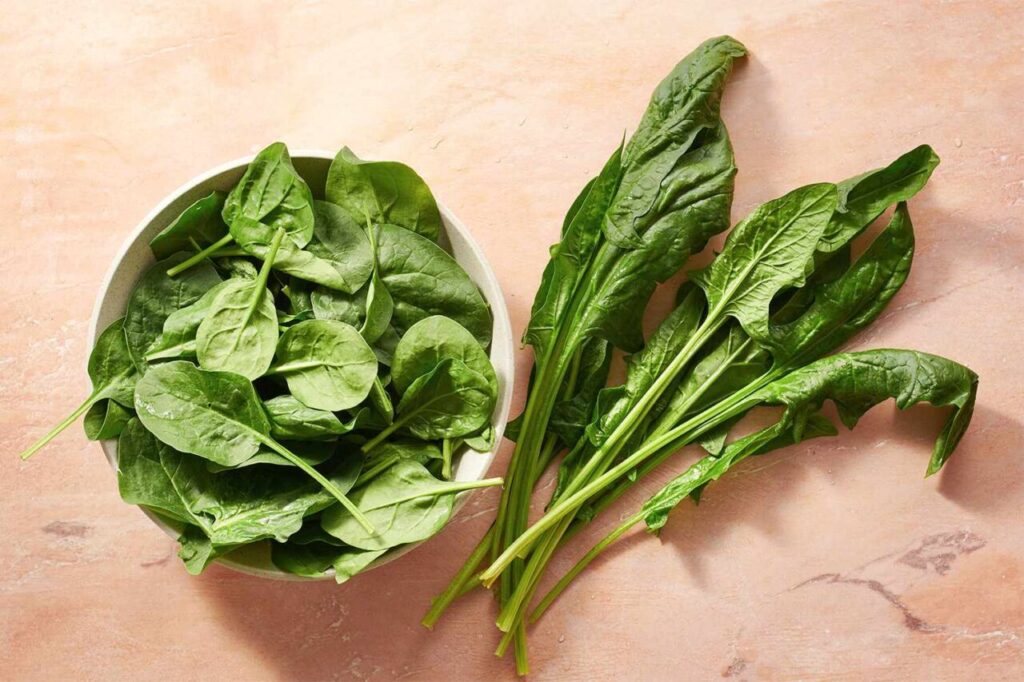
Bananas (422 mg per 1 medium banana)
Bananas are perhaps one of the most well-known potassium sources. They make for a convenient and portable snack or a flavorful addition to smoothies and breakfast bowls.

Oranges (232 mg per 1 medium orange)
You are totally wrong if you think oranges are only known for their vitamin C content because they also provide a decent amount of potassium. Enjoy them as a refreshing snack or as part of a fruit salad.
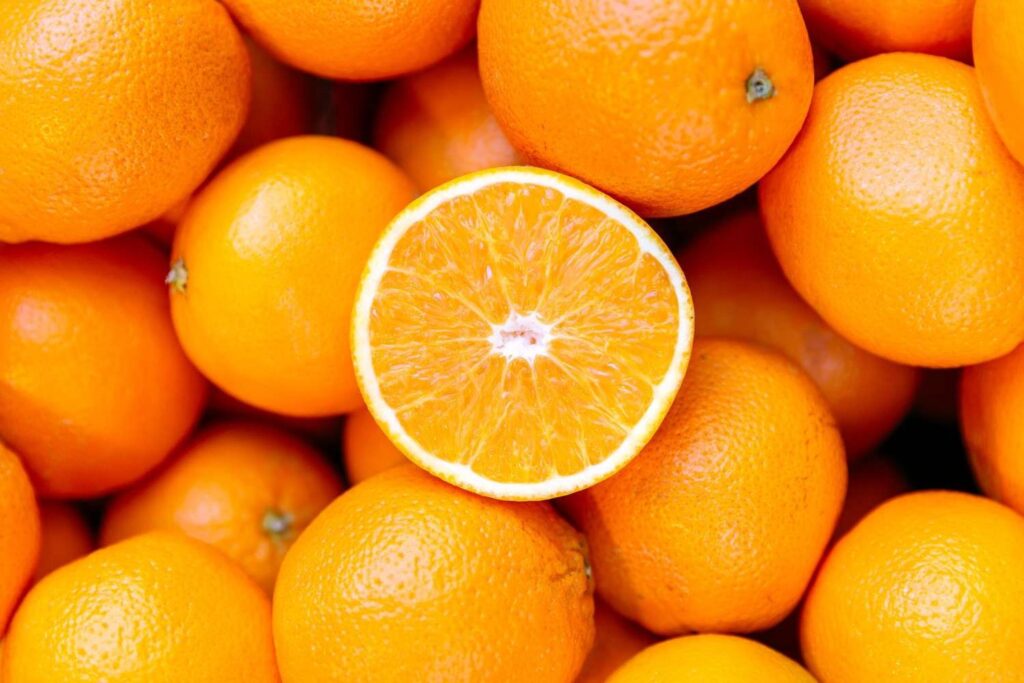
Beets (518 mg per 1 cup, cooked)
Beets are not only vibrant and beautiful but also a great source of potassium. Roast, boil, or grate them for salads and side dishes.
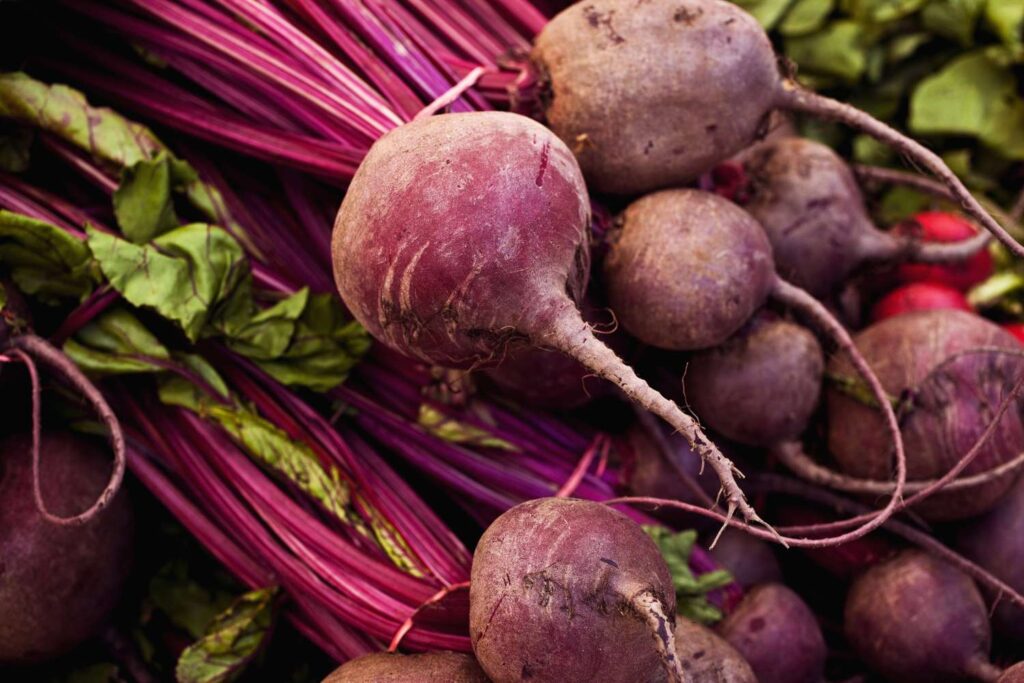
Potatoes (926 mg per 1 medium potato, baked with skin)
White potatoes are often underrated when it comes to potassium content. Leave the skin on for maximum nutritional benefits because the skin makes the potatoes potassium rich foods and prepare them in various ways, from baking to mashing.
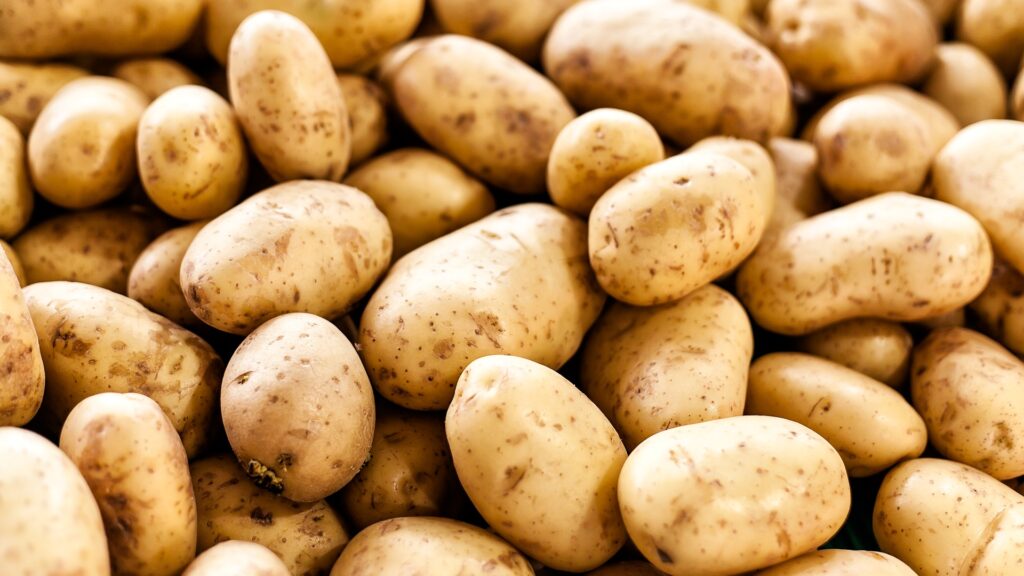
Edamame (676 mg per 1 cup, cooked)
Edamame, young soybeans, are not only a protein source but also provide a substantial amount of potassium. Enjoy them as a snack or in stir-fries.
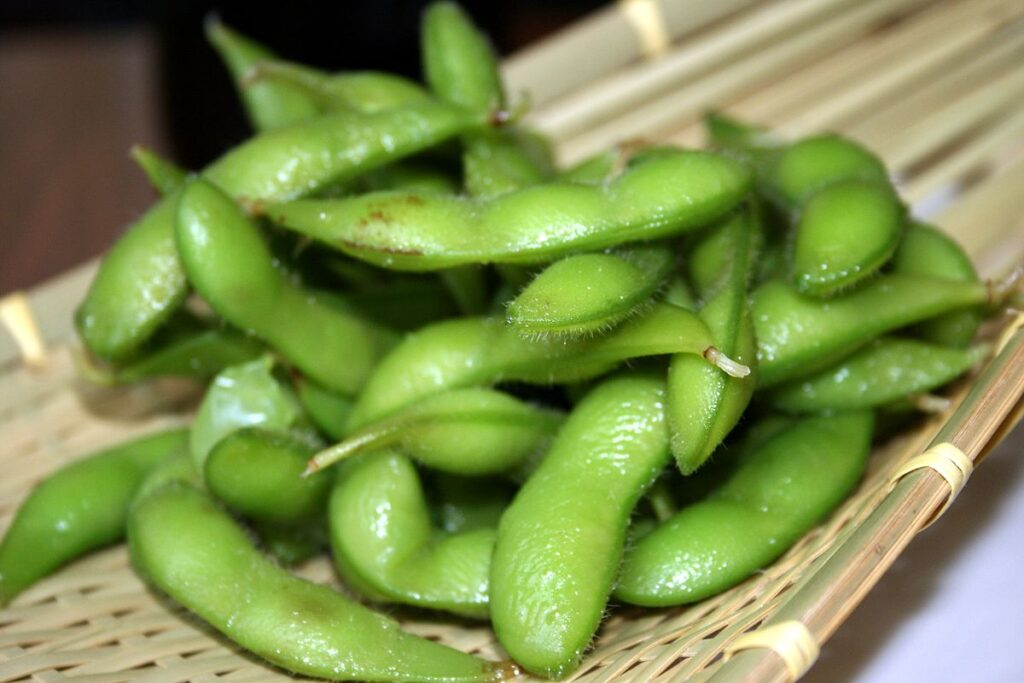
Kiwifruit (552 mg per 1 cup, sliced)
Kiwifruit is a small but mighty potassium source. Slice them up and add them to yogurt or simply scoop out the flesh with a spoon.
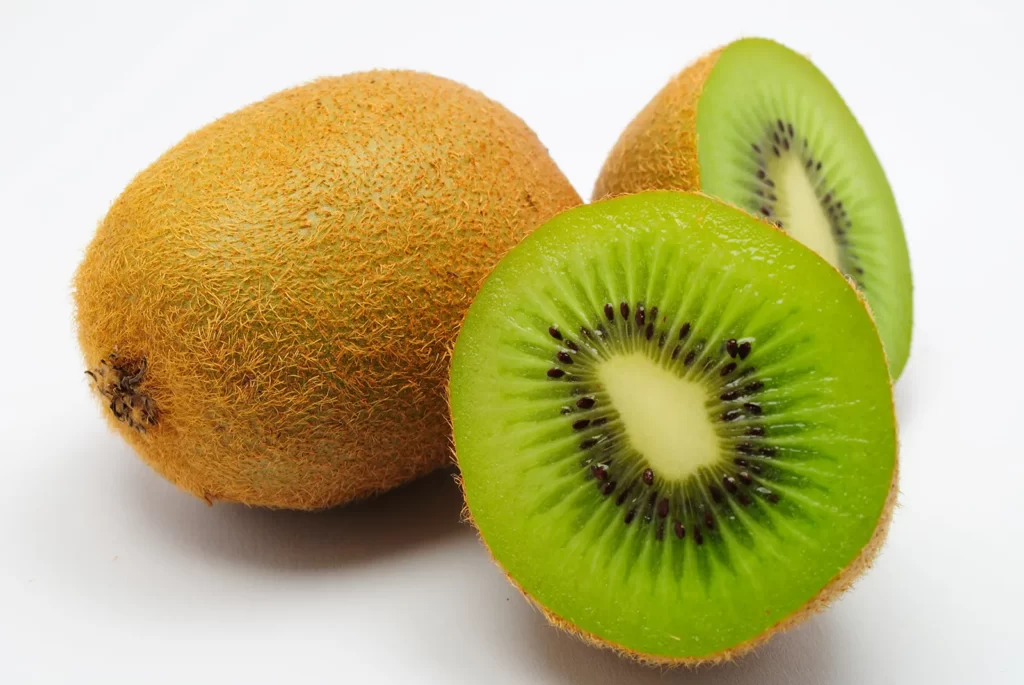
Salmon (534 mg per 3 ounces, cooked)
Salmon is not only an excellent source of omega-3 fatty acids but also provides a decent amount of potassium. Grill or bake salmon fillets for a heart-healthy meal.

Acorn Squash (896 mg per 1 cup, baked)
Acorn squash is a nutritious and certainly, one of the greatest potassium rich foods. Roast it with a sprinkle of cinnamon for a delightful side dish.
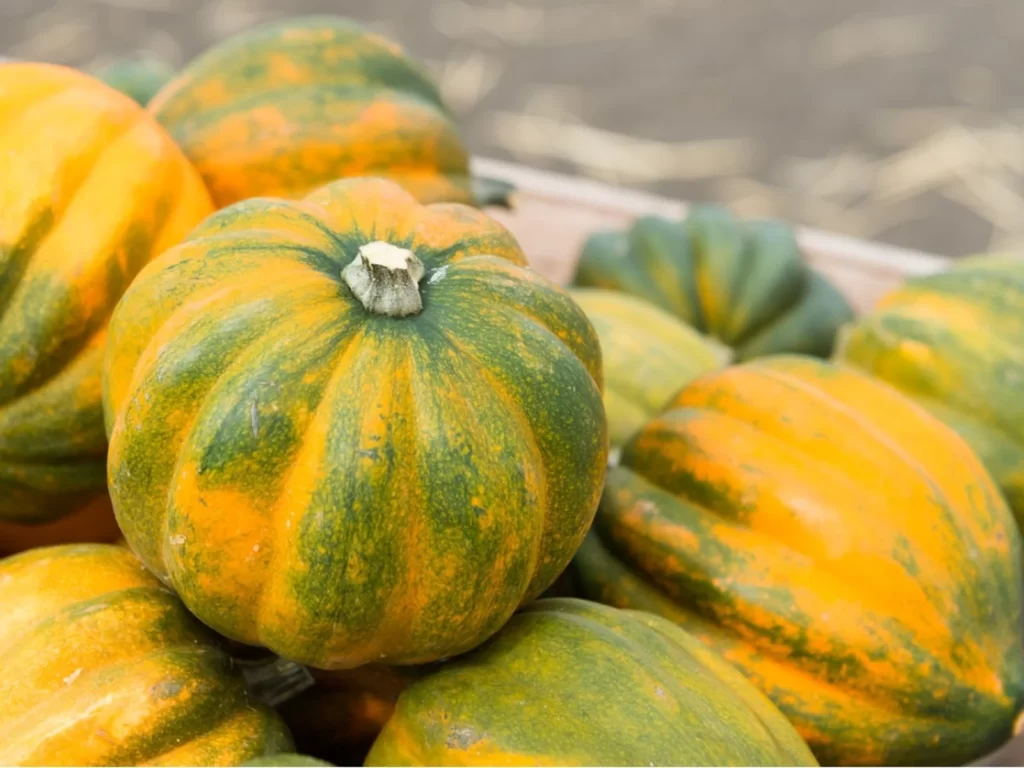
Tomatoes (292 mg per 1 cup, chopped)
Tomatoes are a versatile ingredient in countless dishes. Whether in salads, sauces, or sandwiches, they add potassium along with a burst of flavor.
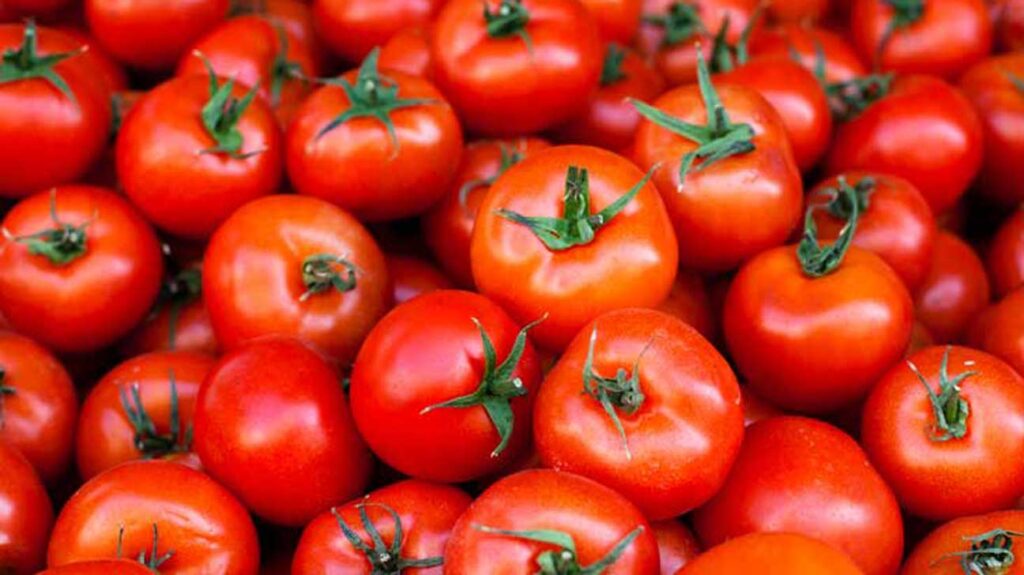
Carrots (410 mg per 1 cup, cooked)
Carrots are not just for improving your vision; they also offer potassium. Add them to soups, stews, or enjoy them as a crunchy snack.

Cantaloupe (427 mg per 1 cup, cubed)
Cantaloupe is a hydrating and potassium-rich fruit that makes a refreshing addition to fruit salads and smoothies.
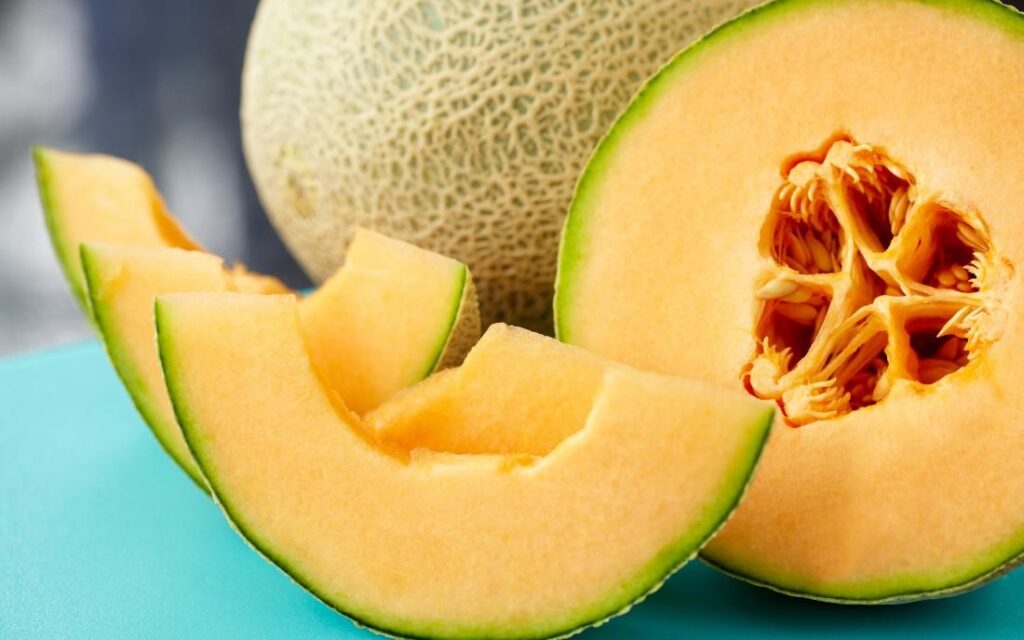
Brussels Sprouts (494 mg per 1 cup, cooked)
These miniature cabbage-like vegetables are not only delicious when roasted but also provide a good dose of potassium. So, they also made their way in our list of best potassium rich foods.
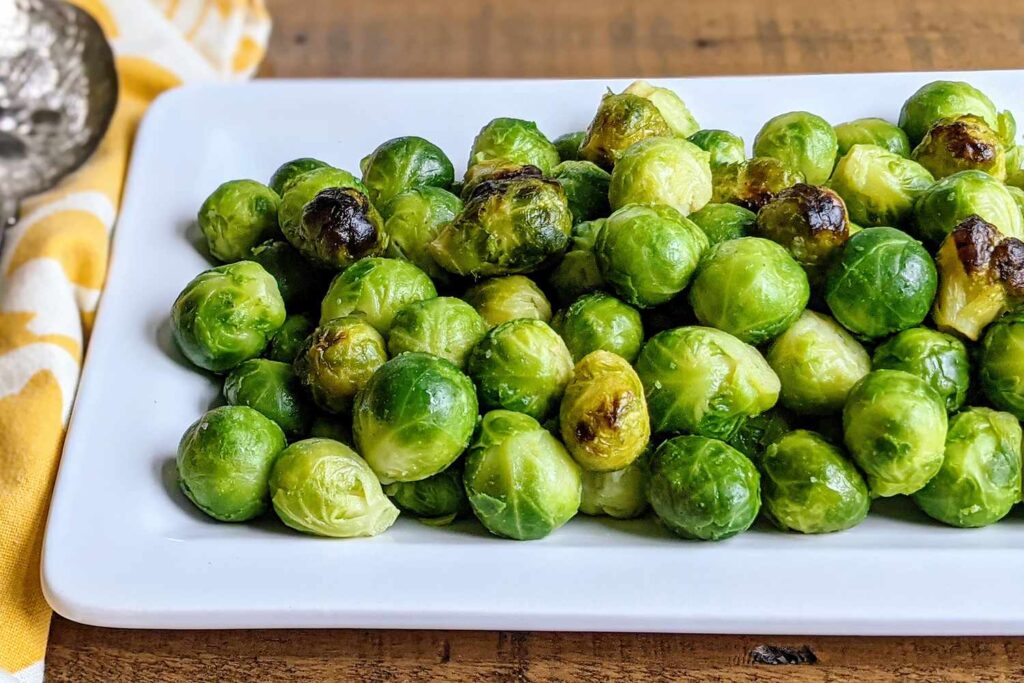
Raisins (322 mg per 1 small box)
Raisins are a convenient and potassium-packed snack option. Sprinkle them on oatmeal or mix them into trail mix for a quick energy boost.
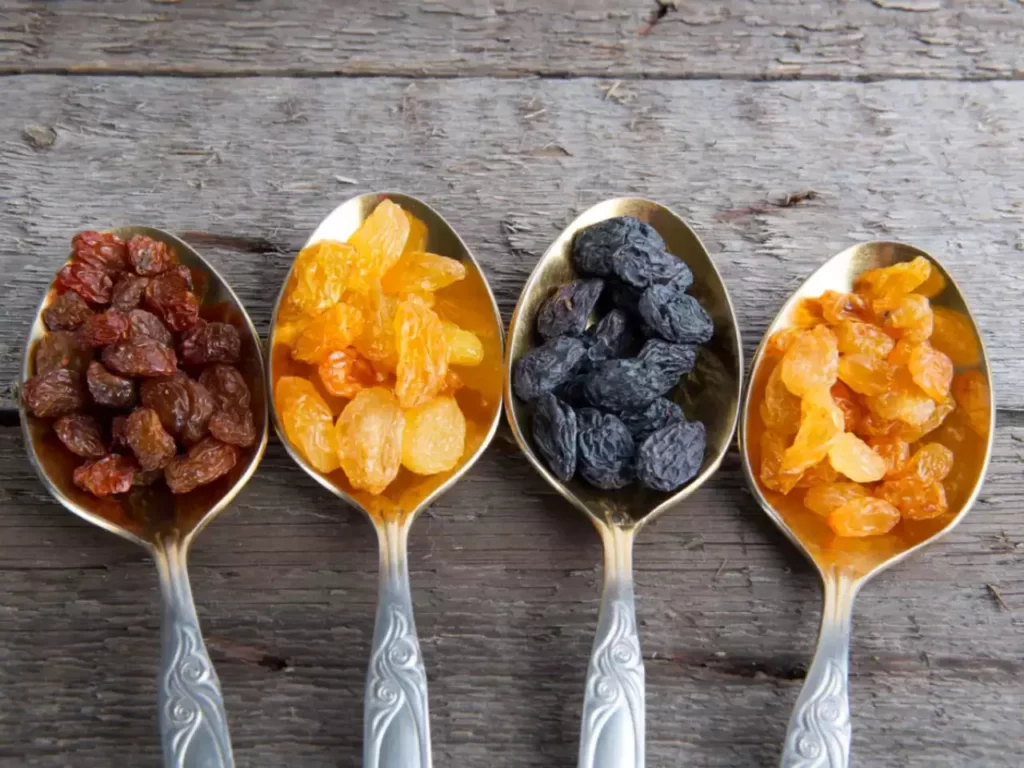
Figs (667 mg per 1 cup, dried)
Dried figs are not only a sweet treat but also provide a substantial amount of potassium. They make a delicious addition to cereals and salads.
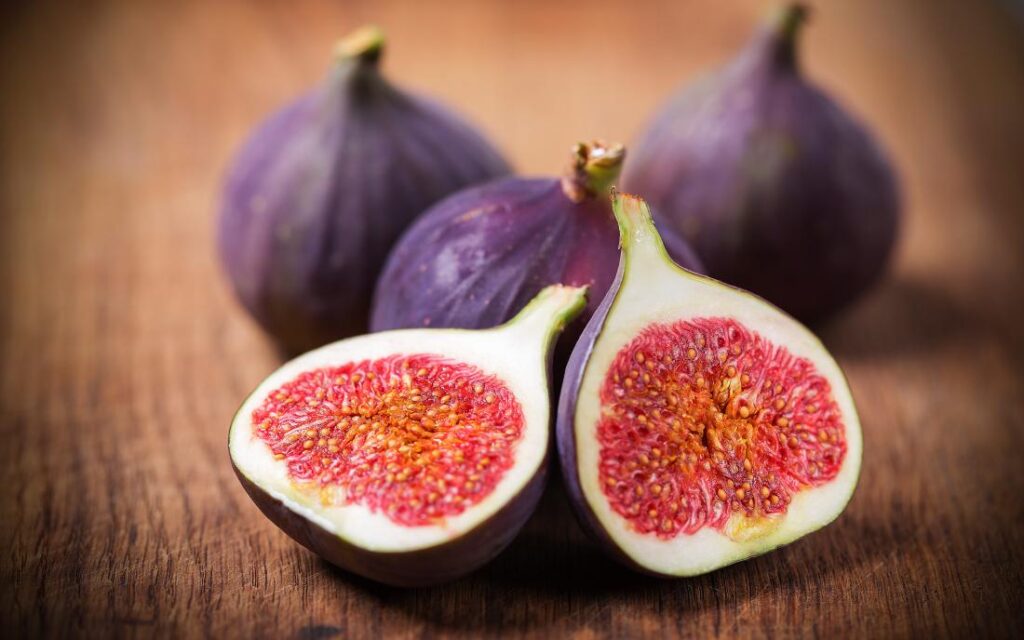
Coconut Water (600 mg per 1 cup)
Coconut water is a natural and refreshing source of potassium. It serves as an excellent hydration choice, especially after physical activity.
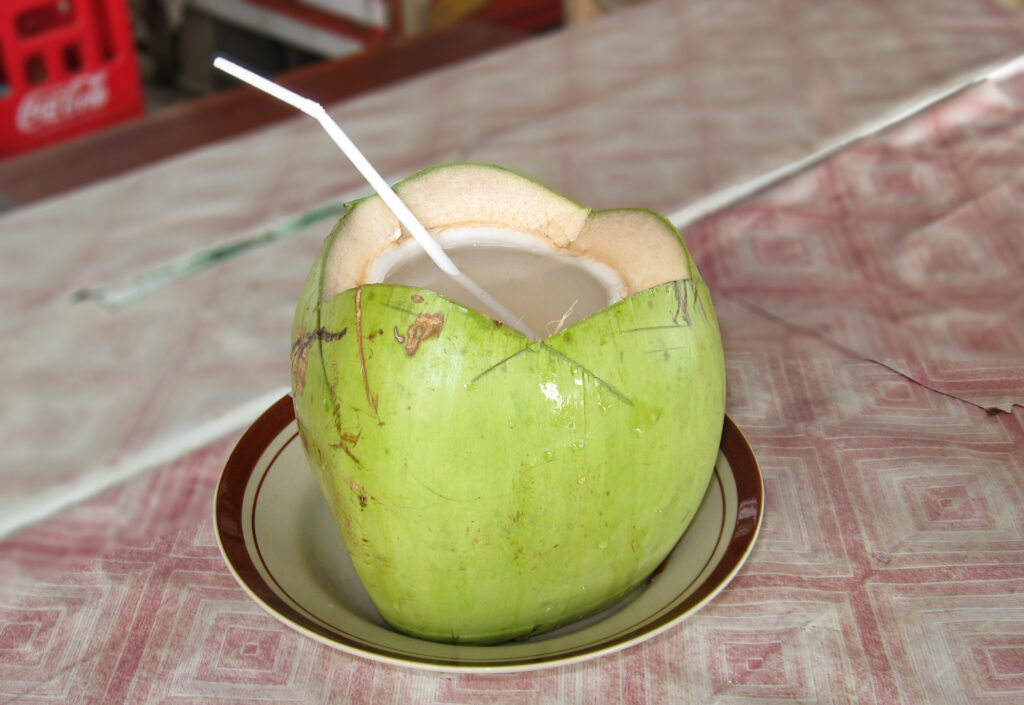
Prunes (699 mg per 1 cup, pitted)
Prunes, dried plums, are renowned for their digestive benefits, but they are also excellent potassium rich foods. Enjoy them as a snack or in baking.
Conclusion
These 20 potassium rich foods offer a diverse range of options to suit various tastes and dietary preferences. Whether you prefer fruits, vegetables, legumes, or even seafood, there are numerous delicious ways to ensure you meet your daily potassium needs. Remember that a balanced diet that includes a variety of foods is key to obtaining all the essential nutrients your body requires. So, mix and match these potassium rich foods to create flavorful and nutritious meals that contribute to your overall health and vitality. Lastly, if you have found this article helpful enough, let us know your valuable thoughts in the comment section below. Thanks for visiting and appreciating our work.
